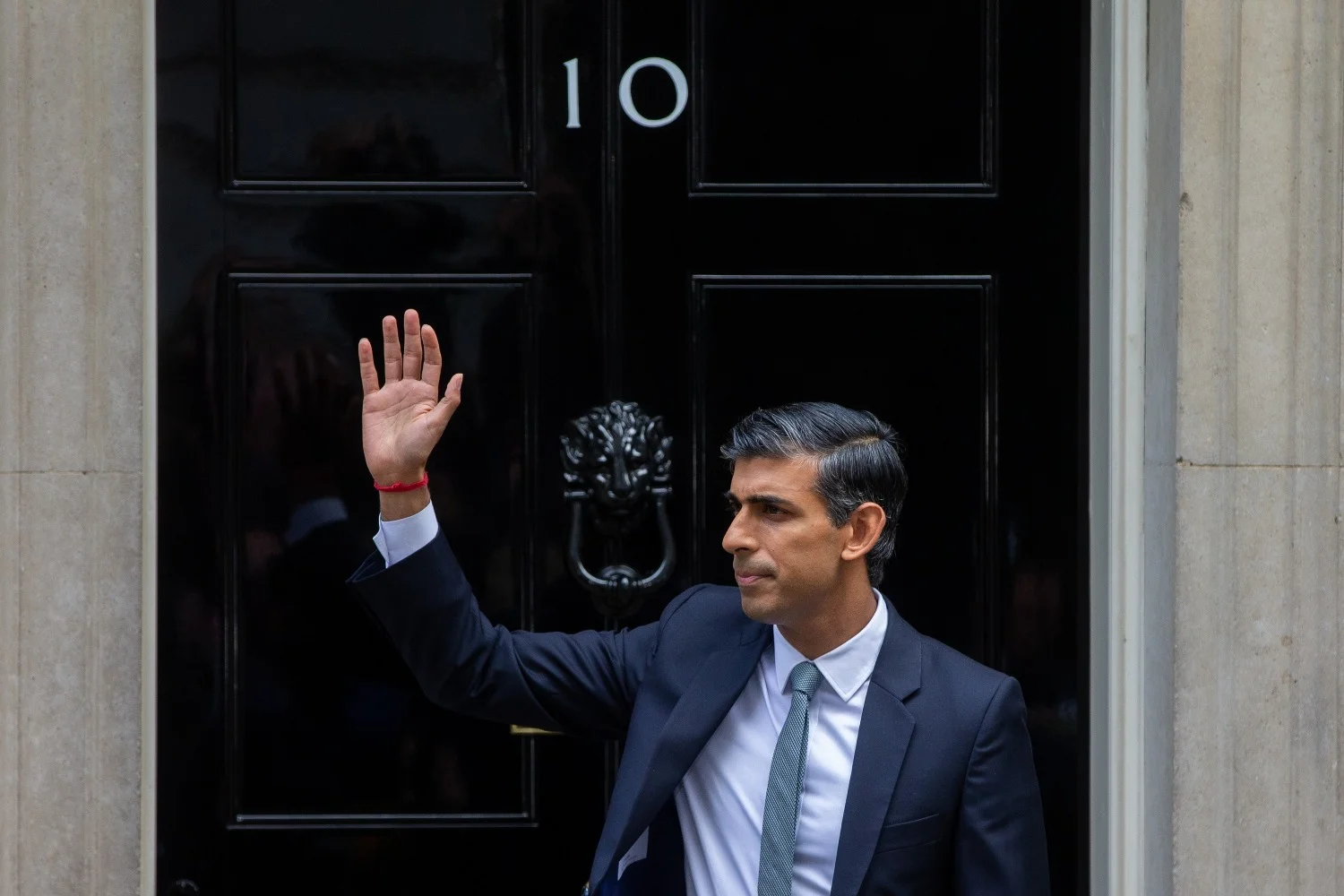The Prime Minister of the United Kingdom Rishi Sunak announced the dissolution of Parliament on May 22. This will not only trigger early elections, but also significant changes in European politics overall. This will have consequences for Ukraine too. What exactly these will be – read on in the article.
Prior to the declaration of the dissolution of Parliament, elections were supposed to be held according to the schedule in the fall, but now they will be organized much earlier. The fact of the dissolution became known immediately after the Prime Minister’s meeting with King Charles III. It was during this audience that permission was received for dissolution and re-election. It is planned to be held on July 4.
Approaching the finish
The last day of the parliamentarians’ work will be May 29, and on the 30th it will be officially declared dysfunctional. But by this deadline, Parliament has to finish the current session. The last day of it is expected to be May 24.
Then the schedule will be as follows:
- May 30 – official dissolution of Parliament;
- July 4 – election of new parliamentarians;
- July 9 – gathering of new deputies in London, during which the Speaker of the House of Commons and the oath have to be chosen;
- July 17 – the day of the official start of the new Parliament.
If there are no incidents, the newly composed parliamentarians should be able to work fully by the end of July.
What was wrong with the old ones?
The decision to dissolve Parliament came as an unpleasant surprise to many politicians. Especially it looks strange against the background that the Conservative party, which currently includes the Prime Minister Rishi Sunak himself, is now not in the best position: it lags behind its direct competitors – the Labour party by as much as 20 points.
However, some speculate that Sunak’s primary goal was to hold elections at a time when the country’s economic situation would improve. This would give a certain advantage to the acting government. However, the analysis and forecasts of experts suggest that the economy will not improve by the fall.
Analysts believe that the Prime Minister is hoping for a drop in the ratings of his rivals during the election campaign, which would give some chance to the conservatives who are currently not experiencing the best of times. For comparison, here are the ratings of the Conservatives and Labor as of May 13:
- Conservative Party – 23%;
- Labor Party – 44%.
Within the Conservative party itself, Sunak’s initiative to dissolve was met with criticism. Many deputies and ministers explain this by the Prime Minister’s desire to resign from his post, as he could not withstand the pressure of political struggle. But there are also those who consider it his biggest mistake.
However, there are party members who support Sunak’s decision and believe it is timely, correct and will lead to positive changes.
And what does this mean for Ukraine?
At present, it is believed that the Labor party will win, although everything may change before the elections. In any case, for Ukraine, the snap elections will not bring negative consequences. This is due to the fact that both the Conservative Party and the Labor Party have roughly the same view regarding Ukraine. Unlike, for example, the USA, where a victory for Trump or Biden means completely different scenarios of support for Kiev.
Another hopeful fact is the recent visits to Kyiv over the past few weeks by the so-called “shadow ministers” from the Labour party, David Lemmy and John Gilly. During their visit, they promised to maintain unwavering support for Ukraine. Their declared position emphasizes the security of Europe and particularly Ukraine. It’s worth particularly noting their statements that Great Britain, under a Labour Parliament, will prioritize the issue of our country’s integration into NATO, in order to become its member.


